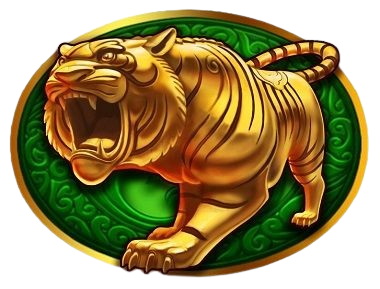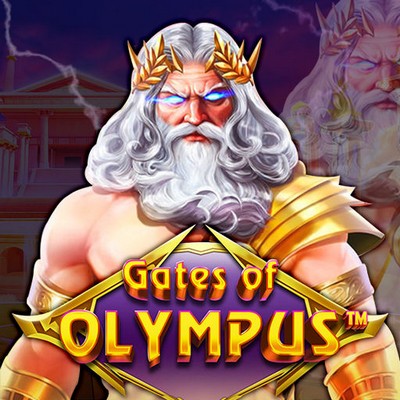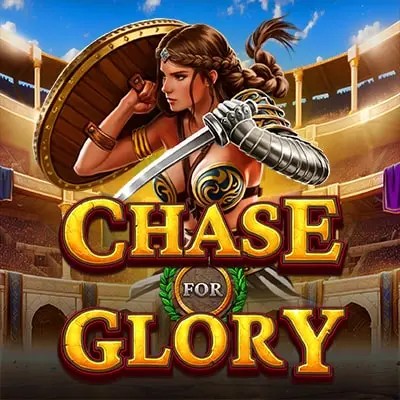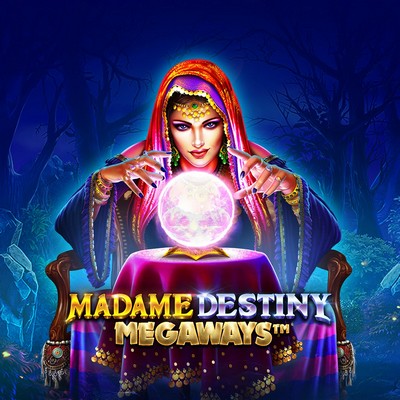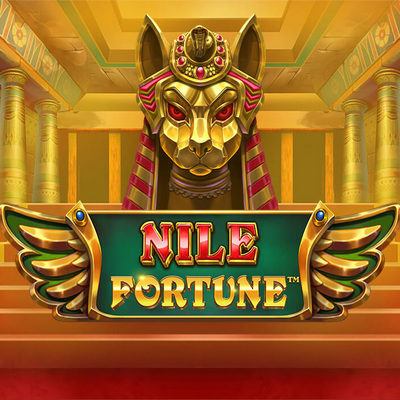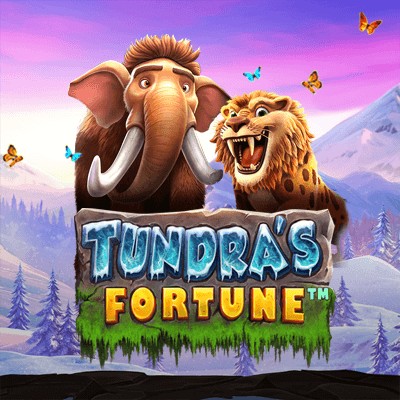Casinotiger en Argentina
Casinotiger es una plataforma de casino en línea basada en juegos en tiempo real que permite a los jugadores ganar bonos y tiradas gratis excepcionalmente generosos. Casinotiger, fundado en 2023, cuenta con una amplia cartera de juegos en tiempo real (RTG) y más de 64 juegos de casino online, dependiendo de tu región.
| Sitio oficial | politismosmuseum.org |
| Año de publicación | 2023 |
| Número de partidos | 3000+ |
| Tipos de juegos | Juegos de mesa, tragaperras, póquer y mucho más |
| Banca | Visa, MasterCard, American Express, BTC Wallet, Neosurf, Ethereum, Litecoin, Transferencia bancaria |
| Criptomoneda aceptada | Bitcoin, Efirium, Lightcoin |
Puedes visitar su sitio web oficial para jugar a tus juegos favoritos. Casinotiger Casino tiene una versión de juego instantáneo para ordenadores de sobremesa y dispositivos móviles, así como una versión de descarga para usuarios de ordenadores de sobremesa con Windows. Puedes apostar y retirar tus ganancias en el cómodo casino de criptomonedas, vigilando sus límites de retirada.
Regístrate en Casinotiger: Consigue bonos de bienvenida y empieza a ganar hoy mismo
Las rondas de bonos y las tiradas gratis son las secciones más emocionantes del Casino Casinotiger, ya que los usuarios tienen a su disposición numerosos bonos de depósito y bonos exclusivos. Los códigos de bonificación por depósito que ofrecen fichas y giros gratis pueden utilizarse con una inversión mínima de 20000 $AR.
Registrarse para utilizar plenamente el servicio es muy fácil. Cuando empiece a registrarse y cree un inicio de sesión en Casinotiger, se le pedirá que elija una contraseña y que introduzca su nombre y dirección de correo electrónico.
A continuación, deberá rellenar los datos requeridos, incluyendo su fecha de nacimiento, lugar de residencia y país. Debe rellenar los datos con cuidado, ya que se utilizarán para la verificación y como dirección postal para sus ganancias.
Explora el mundo del entretenimiento con los mejores juegos y proveedores
Casinotiger Casino ofrece una amplia gama de juegos con crupier en vivo, aunque exclusivamente fuera del sitio web principal, gracias a su sistema Real Time Gaming (RTG). Esto también implica que los jugadores interesados tendrán que financiar su cuenta de casino por separado de su cuenta principal. Deberá transferir dinero de su cuenta principal a su monedero del casino y viceversa para las retiradas.
Juegos especializados
Los juegos especializados de este casino Casinotiger son una de las secciones más atractivas para los usuarios. Son proporcionados por juegos en tiempo real. Todos los jugadores que busquen una oportunidad en los juegos especializados estarán encantados con la selección de emocionantes juegos con generador de números aleatorios de Casinotiger. Los jugadores que busquen un juego emocionante y grandes premios pueden encontrar Keno, bingo Roaring Twenties, ruleta americana, etc.
¡Todos los métodos de pago para tu comodidad y soporte técnico 24/7!
Las opciones bancarias son reducidas, pero te dan la opción de utilizar una tarjeta de crédito, criptomoneda, tarjeta regalo, vale prepago o monedero digital. Aquí tienes un desglose de los métodos de recarga.
Su dirección determina los métodos de recarga disponibles:
- Bitcoin – mínimo 20.000 $AR o máximo 850.000 $AR
- Tarjeta de crédito (American Express, MasterCard o Visa) – mínimo $20.000 $AR o máximo $850.000 $AR
- Tarjeta de regalo instantánea – mínimo $20,000 $AR o máximo $400,000 $AR que compras con MasterCard o Visa
- Neosurf – bono prepago desde $8.500 $AR hasta $200.000 $AR
- POLi – desde $20,000 $AR mínimo hasta $850,000 $AR máximo
El equipo de atención al cliente juega un papel importante a la hora de determinar la calificación y la reseña de Lucky Tiger Casino para cualquier plataforma, ya que muchas personas se desconectarán y afirmarán que es un casino malo.
Puedes elegir entre las cuatro opciones disponibles en este sitio en caso de que tengas alguna pregunta. Si tiene alguna duda sobre un juego en particular o en general, también puede consultar la sección de preguntas frecuentes o ponerse en contacto con el equipo de atención al cliente 24 7 altamente profesional.
